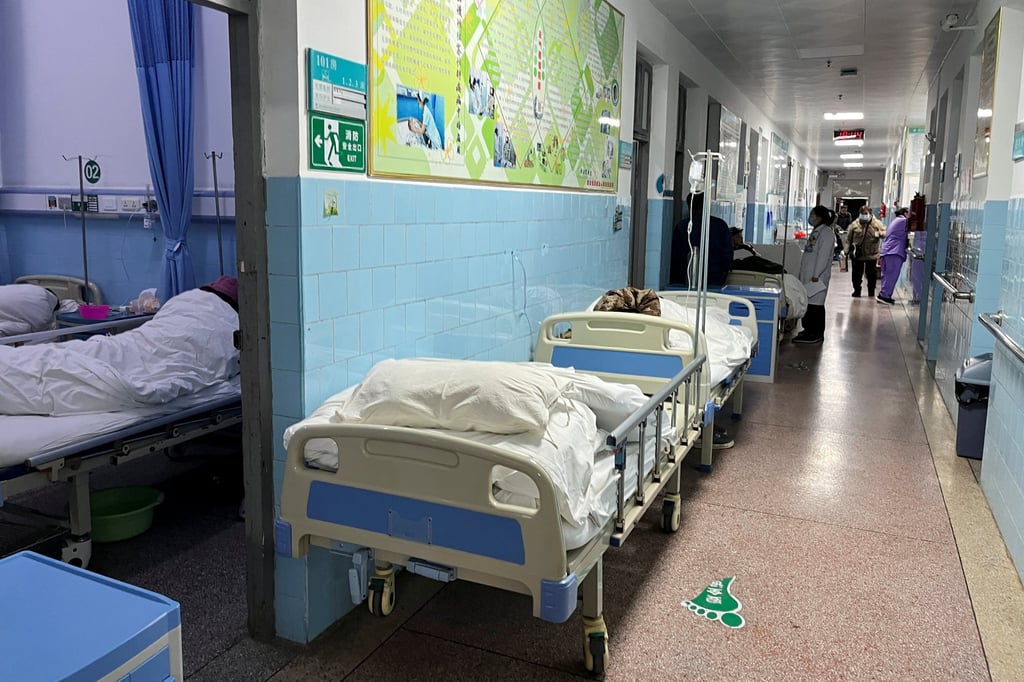David Wei had to carry his nephew on his back for 3km (1.9 miles) after the younger man suffered a heart attack, staggering down a road under repair in rural China, while an ambulance took 90 minutes to drive out from the city and save him.
“If we’d lived in the city he might have had a chance,” said 60-year-old Wei, sitting by a charcoal-burning brazier in his two-storey home in the mountains of Duan Yao county, in China’s southern region of Guangxi.

China’s development model is at a crossroads, say health and population experts, with a choice between much higher spending on pensions and healthcare or industrial upgrades and urbanisation, which Beijing sees as key to bolstering growth.
At a twice-a-decade meeting of the ruling Communist Party last year, Beijing promised to pursue both.
